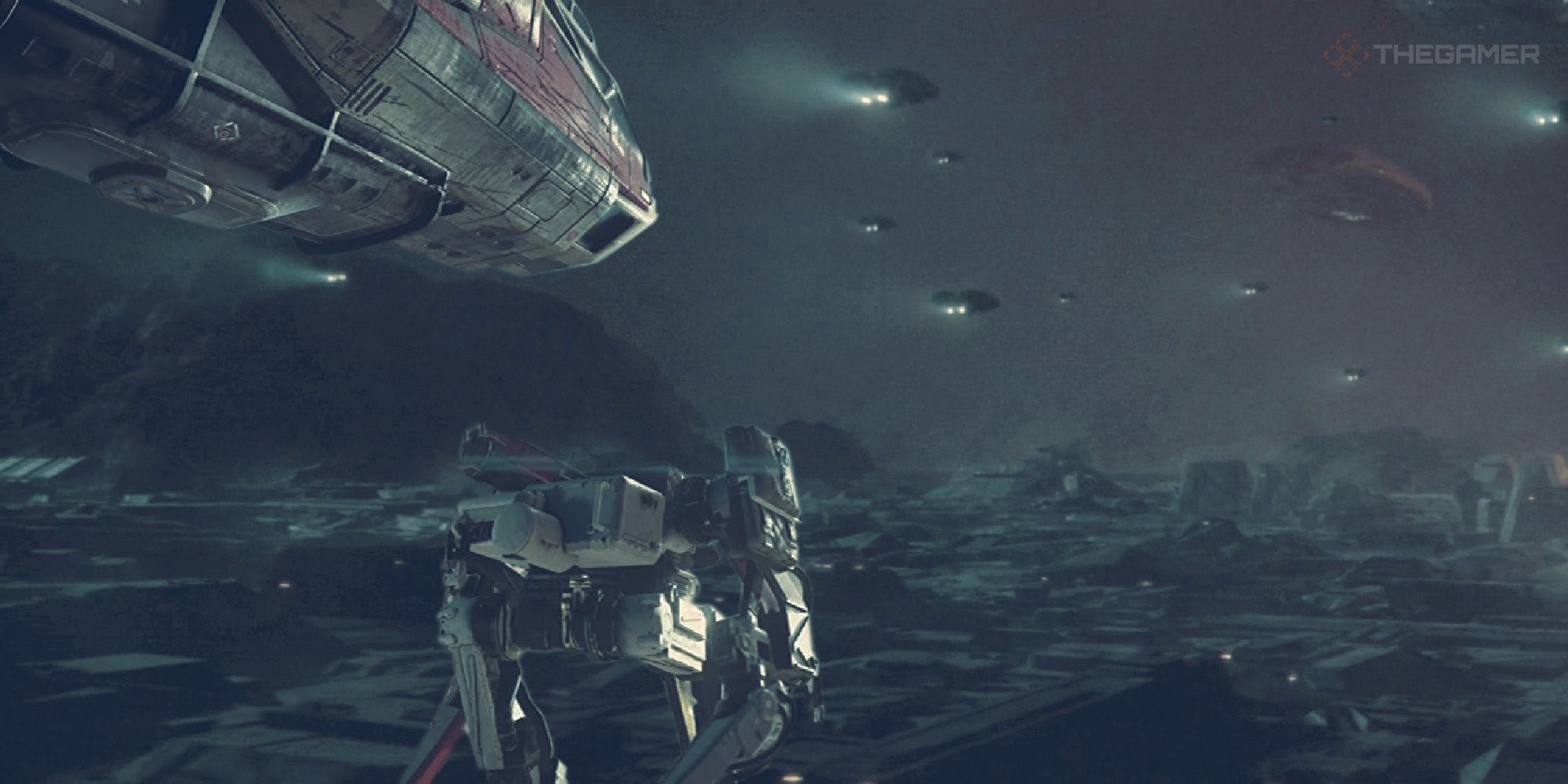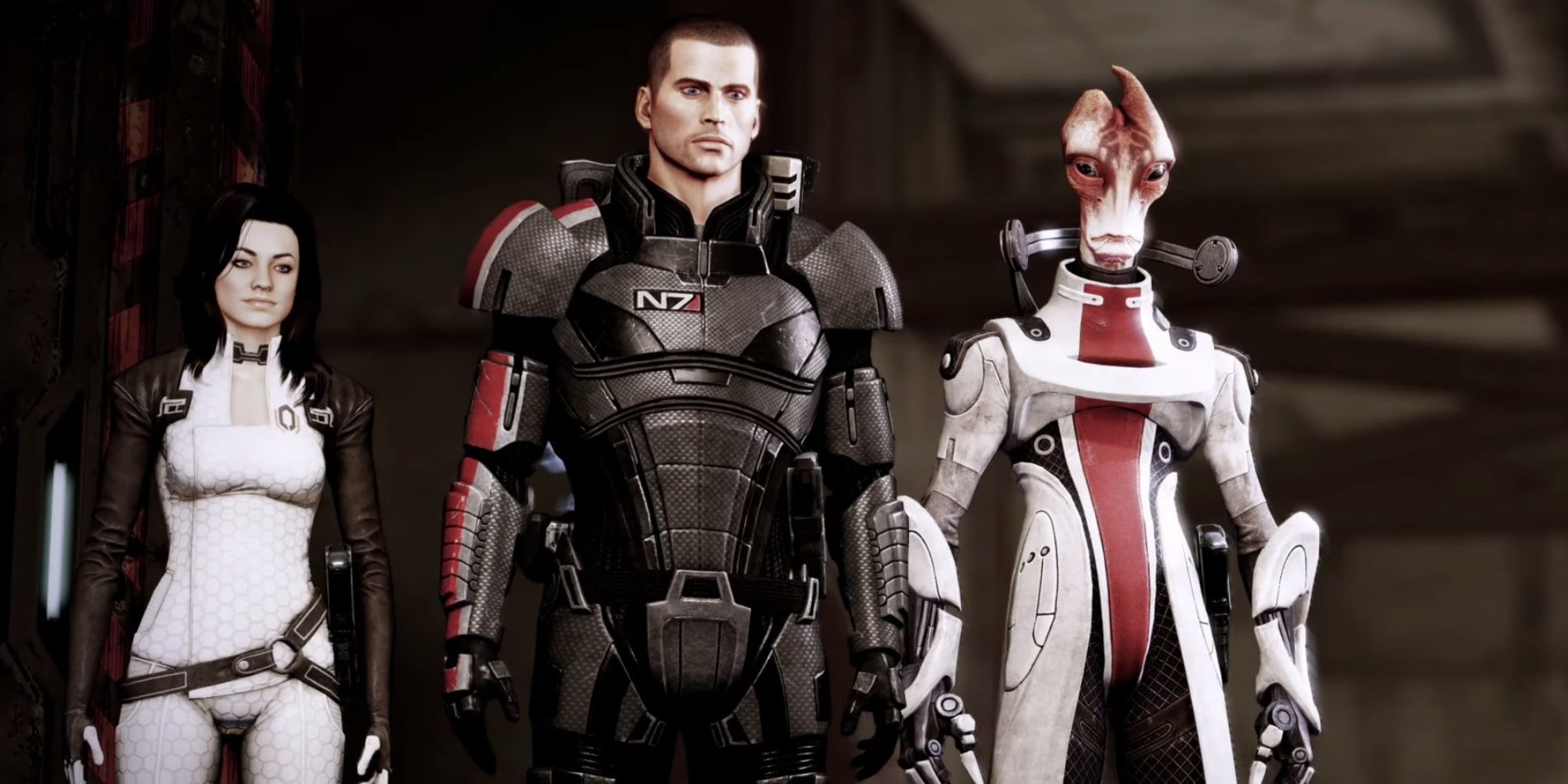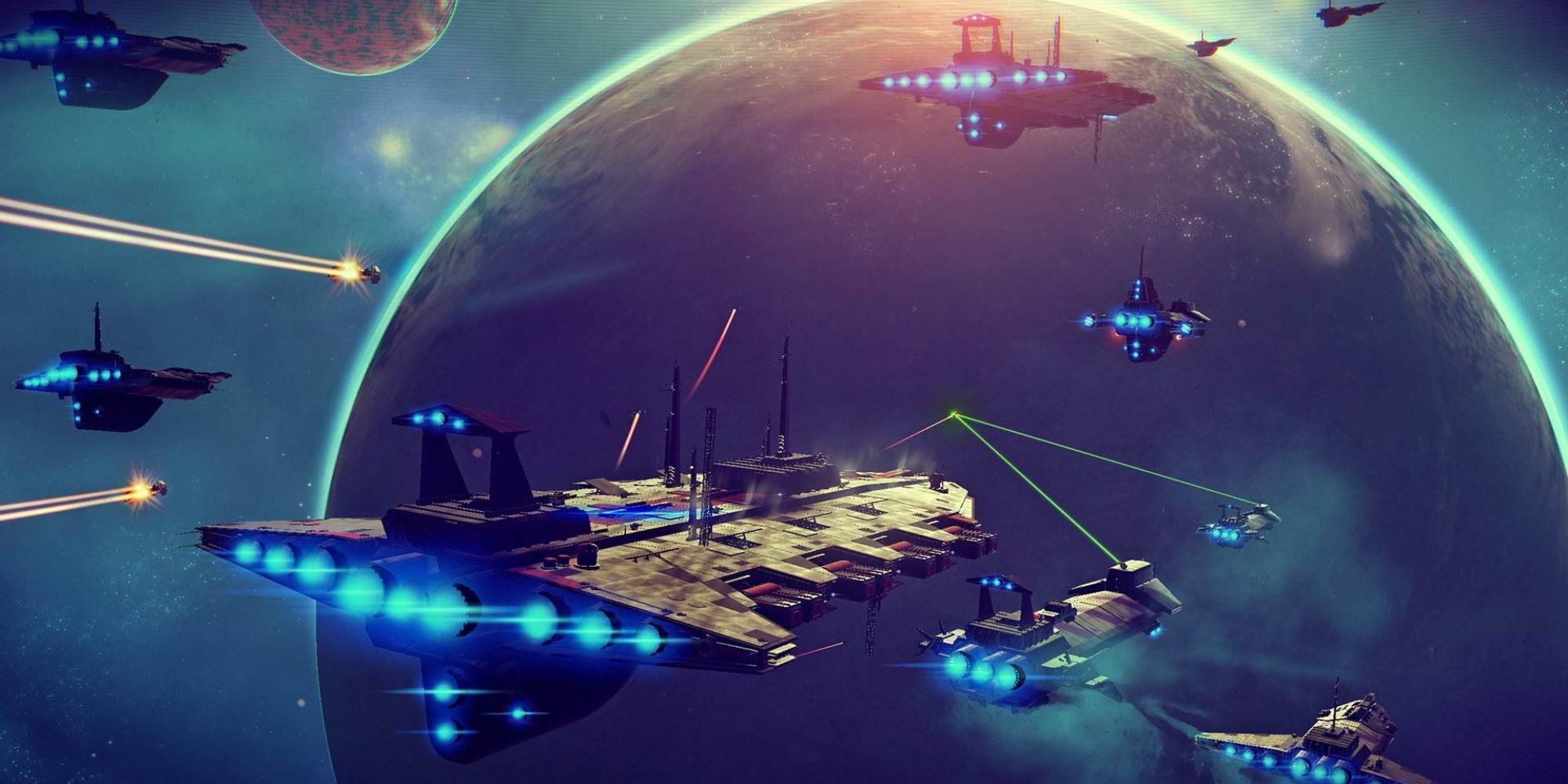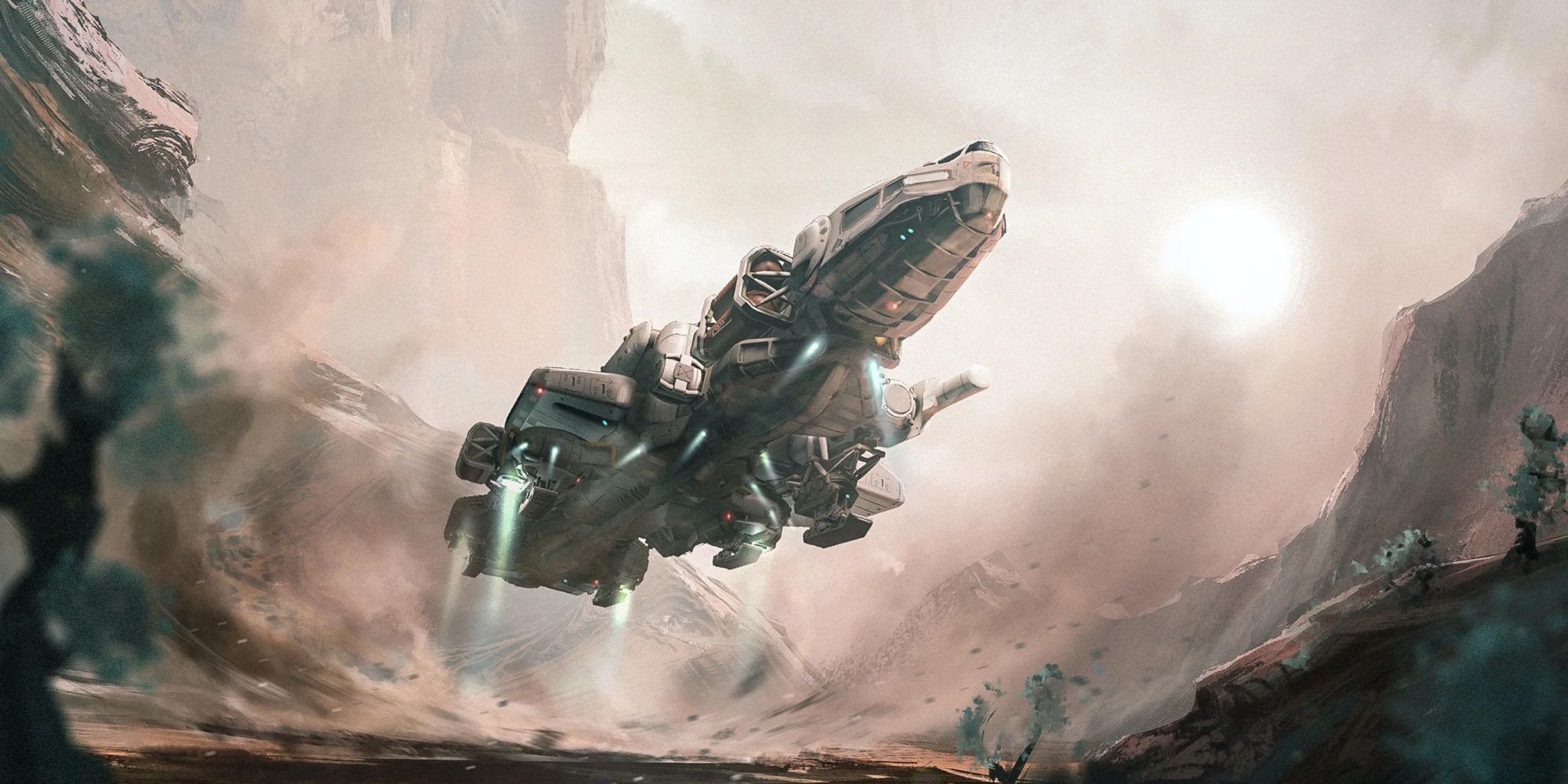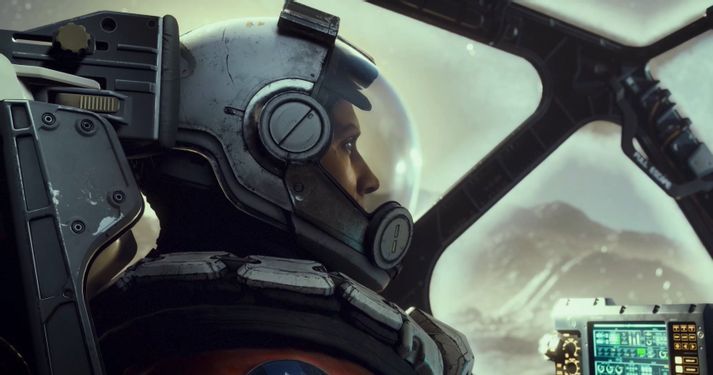“Any planet is 'Earth' to those that live on it,” wrote Isaac Asimov in 1950. The seminal science fiction writer’s first novel saw a 62-year-old tailor from 1949 transported into the future, a future where humanity was so poor that people are executed when they turn 60 unless they have provided a meaningful contribution to society. This obviously presents a problem for our protagonist Joseph Schwartz, but the story doesn’t just follow his plight 50,000 years in the future.
Over its 200-or-so pages, Pebble in the Sky discusses religious fundamentalism, the nuclear threat, and people coming together to rise against the universe’s oppressive regime that sees Earth as a problem. It’s a product of its time, the nervousness of the post-war years distilled into a far-future tale. This novel would be the start of Asimov’s Foundation series, which is widely regarded to be some of the most influential science fiction ever written.
The video game equivalent of the Foundation series is probably Mass Effect. But it’s been five years since the last instalment of BioWare’s RPG, and it’s fair to say Andromeda was divisive. If you’re so petty that you don’t count Andromeda, which took place in a different galaxy, it’s been a decade since the last main series Mass Effect game. They’re working on a new one, but who knows when that will arrive. And no, the Legendary Edition doesn’t count as a new game. But other than that, what major science fiction games are there?
Outer Wilds was great, nailing the unknown space mysteries and exploration aspects of the big old universe, but it has been criminally overlooked and is ultimately a very contained experience. That’s not necessarily a bad thing, but it’s more akin to a short story or novella, the Nightfall or Bicentennial Man to Mass Effect’s Foundation. The Outer Worlds, on the other hand, was crushingly generic and had nothing to say about the worlds it inhabited. It was science fiction by name, but not in soul, a perfectly serviceable RPG with an otherworldly facade.
On a completely different scale, the likes of No Man’s Sky and Elite Dangerous make exploring the universe new and exciting. These games are generally story-light, focusing entirely on flying through the stars and emphasising the beauty of discovery - whether that be procedurally generated or a replica of the real universe. While these games grasp the scale of epic science fiction, they focus on letting the player tell their own story, which for me leaves something to be desired. Science fiction is not just about traversing the stars, it’s a commentary on the woes of the present, and often a warning. Without the social commentary, it’s just multicoloured planets and pretty vistas. Which is fine - and often fun - but it eliminates the ‘science’ from science fiction.
I’m not trying to take anything away from these games - I love translating the runes and trying to work out what civilisations populated the universe of No Man’s Sky, but I yearn for something bigger. Not in size, obviously, but in scope and story.
This isn’t just trying to compare video games with Isaac Asmiov, this is trying to understand the heart of science fiction. Whether it’s Asimov, Frank Herbert, Octavia E. Butler, or modern writers like Cixin Liu and Nnedi Okorafor, science fiction and its subgenres are constantly being elevated and expanded upon in the world of literature. On the other hand, I don’t remember the last time I was blown away by the concepts of a sci-fi game.
That’s where Starfield comes in. As the highest profile science fiction game releasing this year (and probably this decade), it has the platform to rewrite the narrative for sci-fi video games. We know very little about the game at present, despite the fact that it’s meant to be releasing this year - which means it could still be the sci-fi epic I’m after. I’m certain it’ll have the scale of an Asimov saga, but it needs depth too. I want to reflect on my own existence, I want to wonder about the transhumanist ideals of a future society, and I want to see how the advent of space travel perpetuates the inequality of the present day.
Science fiction takes our modern problems and projects them into future societies. Much like Asimov questioned the future uses of nuclear technology after the atom bomb was dropped, modern writers question how social media will impact our childrens’ lives, and the lives of their children afterwards. Will our lives be controlled by algorithms? Will future generations suffer from the same selfish governments that ours have been? Will those governments be beholden to the businesspeople that pay their side hustles like they are today? Will the woeful mismanagement of deadly viruses and disease continue to ravage future Earth? Will warmongers still send the refugees their weapons create to far-off shores rather than help them themselves? It all sounds a bit heavy, but science fiction often is. Travelling the stars isn’t all sunshine and xenomorphs, you know.
I’m not convinced that Starfield won’t end up being more similar to No Man’s Sky than Mass Effect. Bethesda Game Studios’ Todd Howard seems set to replicate Skyrim’s success with Starfield - the story of which isn’t great, it’s the stunning world of Tamriel that has kept people playing for a decade. I think Starfield will end up looking pretty and offering very little to actually chew on; being able to cosplay as a pirate while siding with the space cops doesn’t sound like it will offer any meaningful commentary on the overaggressive state of policing in the present day, nor does it suggest that Bethesda has thought about how the police’s influence will grow over the next thousand years.
I admit that my experience with science fiction games is limited - I haven’t played them all. Most notably, there are probably hundreds of independent games offering exactly what I’m after that have just slipped under my space radar. If you know of any, I implore you to let me know, but their exclusion is not an intentional slight. The unfortunate reality is that, while indie games often explore difficult real-world concepts on a level that triple-A studios wouldn’t risk, they make less of a splash while doing so.
I’ve got high hopes for The Invincible, which is also due to release this year, but Starfield is the game that could make the biggest splash. We’ve already seen how Elden Ring has changed the conversation surrounding fantasy games, and we can be sure that future games in the genre will take copious amounts of inspiration from Miyazaki’s masterpiece.
Whether Starfield will rewrite the script for science fiction games remains to be seen. I worry it will end up a generic space RPG like many that have come before it. But it might not. It might give us a real commentary on the problems of present-day Earth, and either offer solutions, warnings, or both. If Starfield wants to avoid being relegated to the generic and forgettable pile of space waste that orbits our solar system and our minds, then it needs to give us something to think about.

